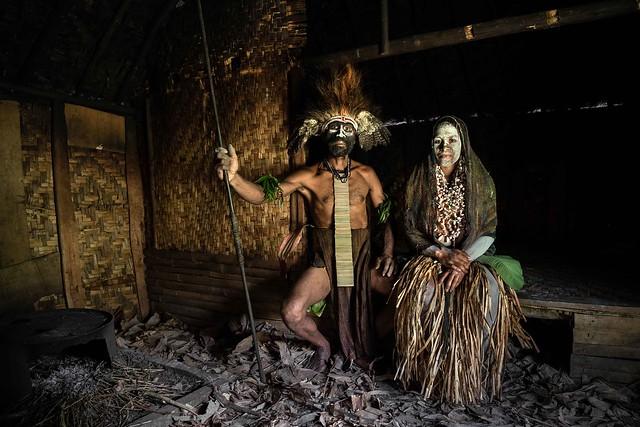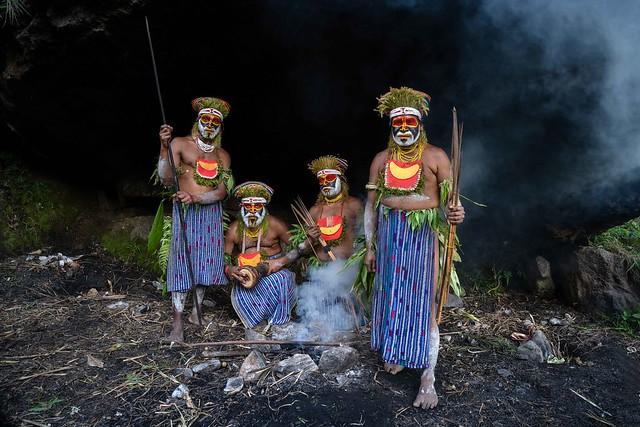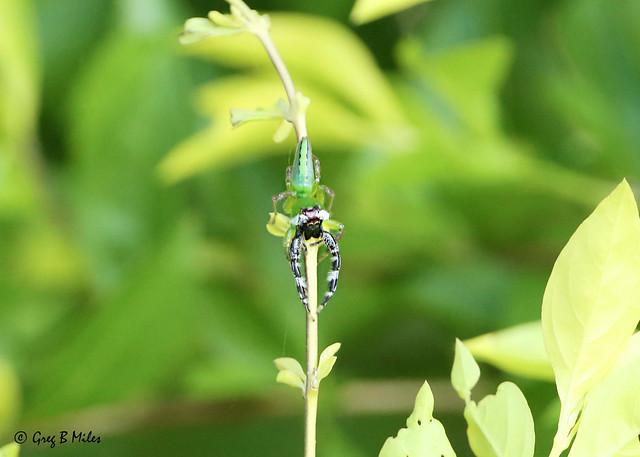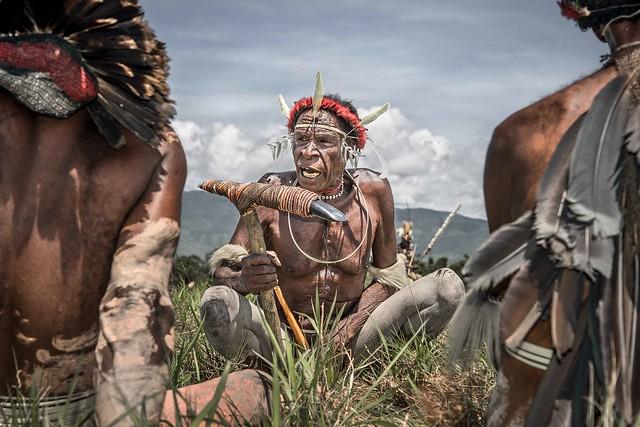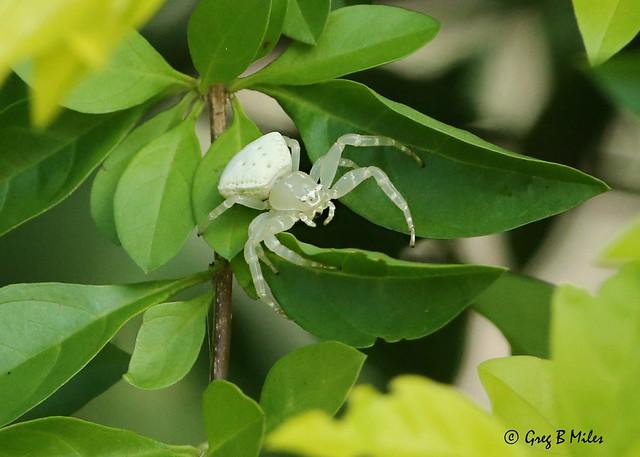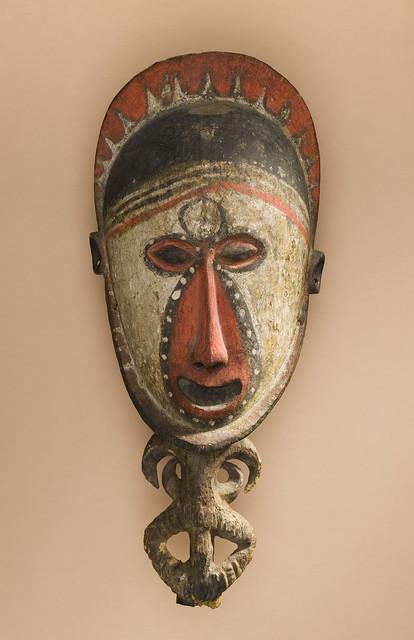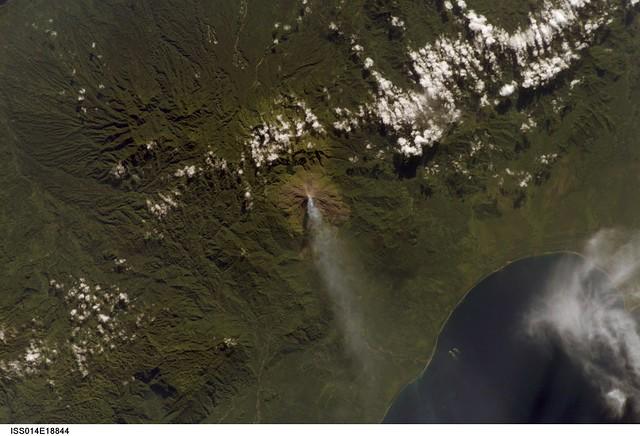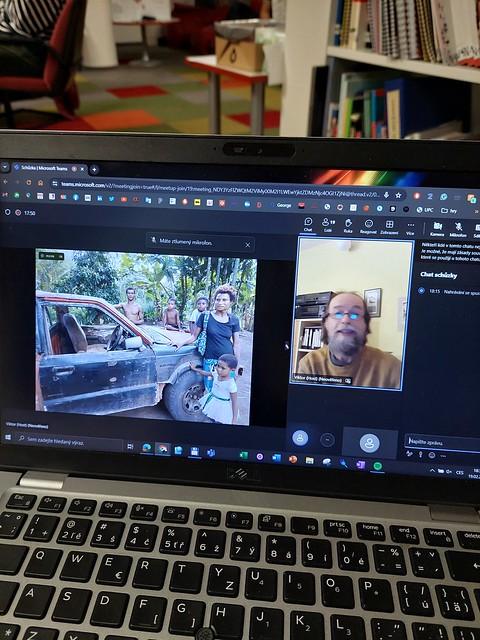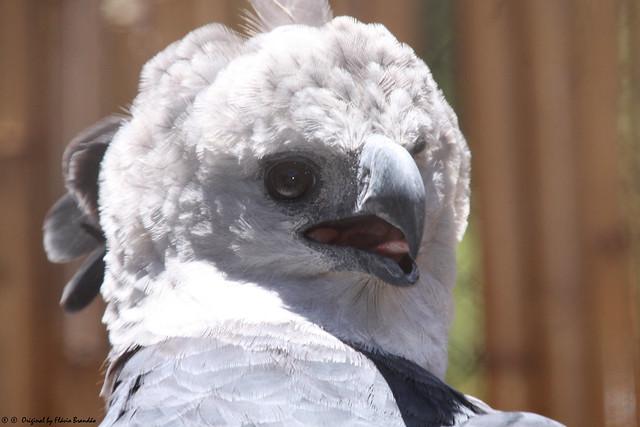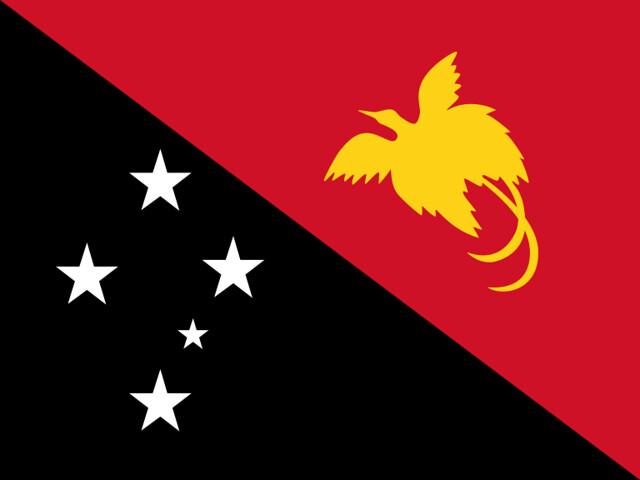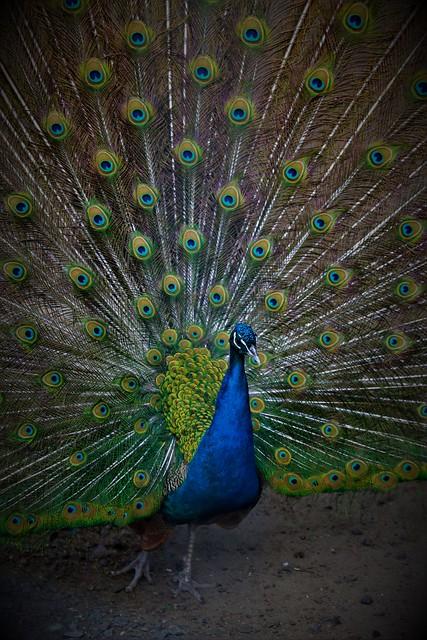Western Province
Overview
Overview of Western Province, Papua New Guinea
Western Province in Papua New Guinea is the largest province in the country, renowned for its vast and diverse landscapes that range from dense tropical rainforests to sprawling river systems and wetlands. This remote area offers a glimpse into a myriad of indigenous cultures, each with unique traditions and rituals. The cultural diversity is immense, with communities that have had little contact with the outside world. The province is a hotspot for adventurers and those interested in ethnology, providing a unique opportunity to learn about lifestyles that have remained unchanged for centuries. The town of Daru serves as the provincial capital, serving as a gateway for explorations deeper into the region’s untouched natural beauty.
Tourism Season and Activities
The high season for visiting Western Province is during the dry season, which typically runs from May to October. During this time, the weather is more favorable, with less rainfall and more manageable river levels, making it easier to navigate the waterways and explore. Activities during these months are plentiful and cater to the adventurous spirit. Tourists can engage in river cruises along the Fly River, the second longest river in Papua New Guinea, enjoy bird watching to spot some of the unique species endemic to the region, or participate in cultural festivals that showcase local music, dance, and traditional crafts. Fishing is particularly good during this season, and visitors might get the chance to catch the famed Papuan black bass.
Preparation for Travel
Traveling to Western Province requires careful preparation due to its remote and rugged nature. Visitors should ensure they are well-vaccinated, as the region can pose various health risks; vaccinations for diseases such as malaria, typhoid, and hepatitis are highly recommended. It’s also crucial to bring along insect repellent and high-quality rain gear. Since the area is not highly developed for tourism, packing essentials such as snacks, water purification tablets, and first aid supplies is advisable. Moreover, due to the limited internet and mobile connectivity, travelers should inform someone of their itinerary and expected return dates. Lastly, respecting local customs and traditions is paramount; learning a few basic phrases in Tok Pisin, the widely spoken lingua franca, can go a long way in enhancing interactions with local communities.
How It Becomes to This
History not available

You May Like
Explore other interesting states in Papua New Guinea
Discover More Area
Delve into more destinations within this state and uncover hidden gems.


